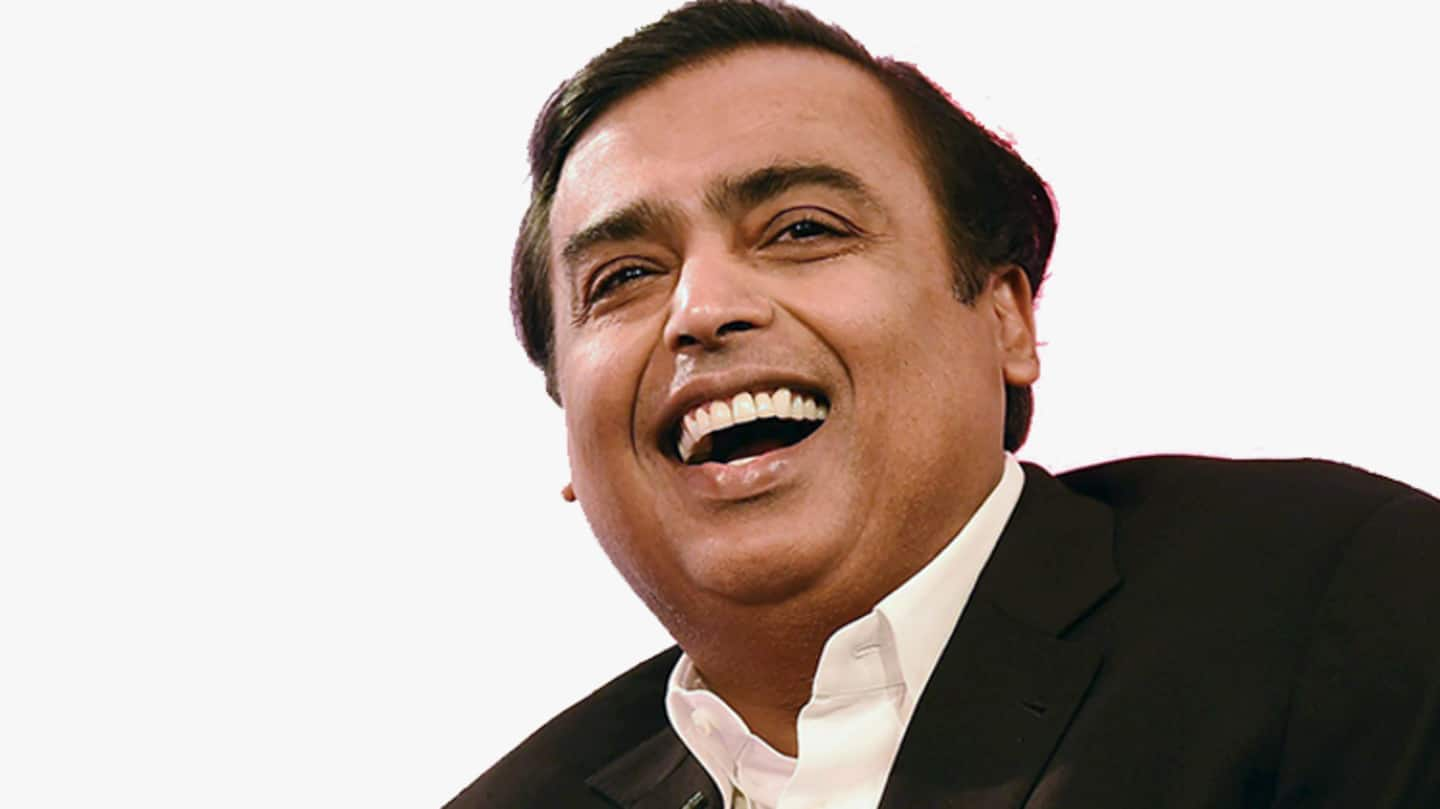
What does Reliance and Future Group deal mean for India
What's the story
In a major move, Mukesh Ambani's Reliance Industries has announced the decision to buy businesses of Kishore Biyani-promoted Future Group for Rs. 24,713 crore.
The deal has been made on a slump sale basis and will contribute towards boosting Reliance's e-commerce play to take on Jeff Bezos-led Amazon India.
Here's all you need to know about it.
Deal
Retail, wholesale, logistics, and warehousing businesses to be acquired
Under the deal, announced last night, Reliance Retail Ventures Limited (RRVL), a subsidiary of Reliance Industries, will be taking over Future Group's retail, wholesale, logistics, and warehousing businesses for Rs. 24,713 crore.
The retail and wholesale businesses will go under Reliance Retail and Fashion Lifestyle Limited, a wholly-owned subsidiary of RRVL, while logistics and warehousing will be transferred directly to RRVL.
Change
1,800 Future Group stores to be owned by Reliance
Further, the latest slump sale means Reliance Retail will now own as many as 1,800 Future Group stores spread across Big Bazaar, FBB, Easyday, Central, Foodhall formats in 420 Indian cities.
To note, a sale is given the title of 'slump' when a company is sold for a lump sum consideration without individual values being assigned to its individual assets and liabilities.
Comment
Pleased to provide home to Future Group's renowned brands
"We are pleased to provide a home to the renowned formats and brands of Future Group as well as preserve its business ecosystem," said RRVL Director Isha Ambani.
She added, "We hope to continue the growth momentum of the retail industry with our unique model of active collaboration with small merchants and kiranas as well as large consumer brands."
Details
Certain Future Group businesses merging into Future Enterprises
As part of this agreement, 5 listed Future Group units involved in the aforementioned businesses will be merged into Future Enterprises Limited.
RRFLL has proposed to invest Rs. 1,200cr in the preferential issue of FEL equity shares to acquire 6.09% of the post-merger holding, and Rs. 400cr in a preferential issue of equity warrants, which will result in RRFLL acquiring further 7.05% of FEL.
Businesses retained
Which business units are being retained under FEL?
FEL is retaining manufacturing-distribution of FMCG goods, integrated fashion sourcing and manufacturing business, and joint ventures with Generali and NTC Mills.
Reliance said, "This deal will also enable FEL to focus on the creation of new-age brands in the FMCG and fashion space and expand its reach. The transaction will help FEL to expand with a focussed business model and a stronger balance sheet."
Quote
Here's what Future Group's Kishore Biyani said on the deal
"As a result of this reorganization and transaction, Future Group will achieve a holistic solution to the challenges that have been caused by COVID-19 and the macroeconomic environment. This transaction takes into account the interest of all stakeholders including lenders, shareholders, creditors, suppliers, and employees."
Challenge
Things will be heating up in e-commerce space
Using Future Group's businesses, Reliance will be able to accelerate its e-commerce play with JioMart and take on Amazon and Flipkart in India.
JioMart currently delivers groceries to 200 cities and has already announced plans to expand to more categories.
Not to mention, Reliance has also acquired e-pharmacy Netmeds and is discussing deals with Urban Ladder and Milkbasket to further push JioMart.
Competition
Amazon and Flipkart are gearing up for Reliance
Meanwhile, to brace for Reliance, Amazon and Flipkart are also making moves in the e-commerce category.
Flipkart recently bought Walmart India, foraying into online wholesale, while Amazon has invested over $6.5 billion in India and expanding to newer categories, including pharmacy and food.
Amazon had also bought a 49% stake in Future Group's Coupons entity a year ago and was in talks to increase stakes.
Information
India's retail market expected to balloon to $1.3 trillion
In the coming years, India's retail sector, the largest open market globally by users, is expected to witness a compound annual growth rate of 9-11% and reach $1.3 trillion by 2025, up from $700 billion in 2019.